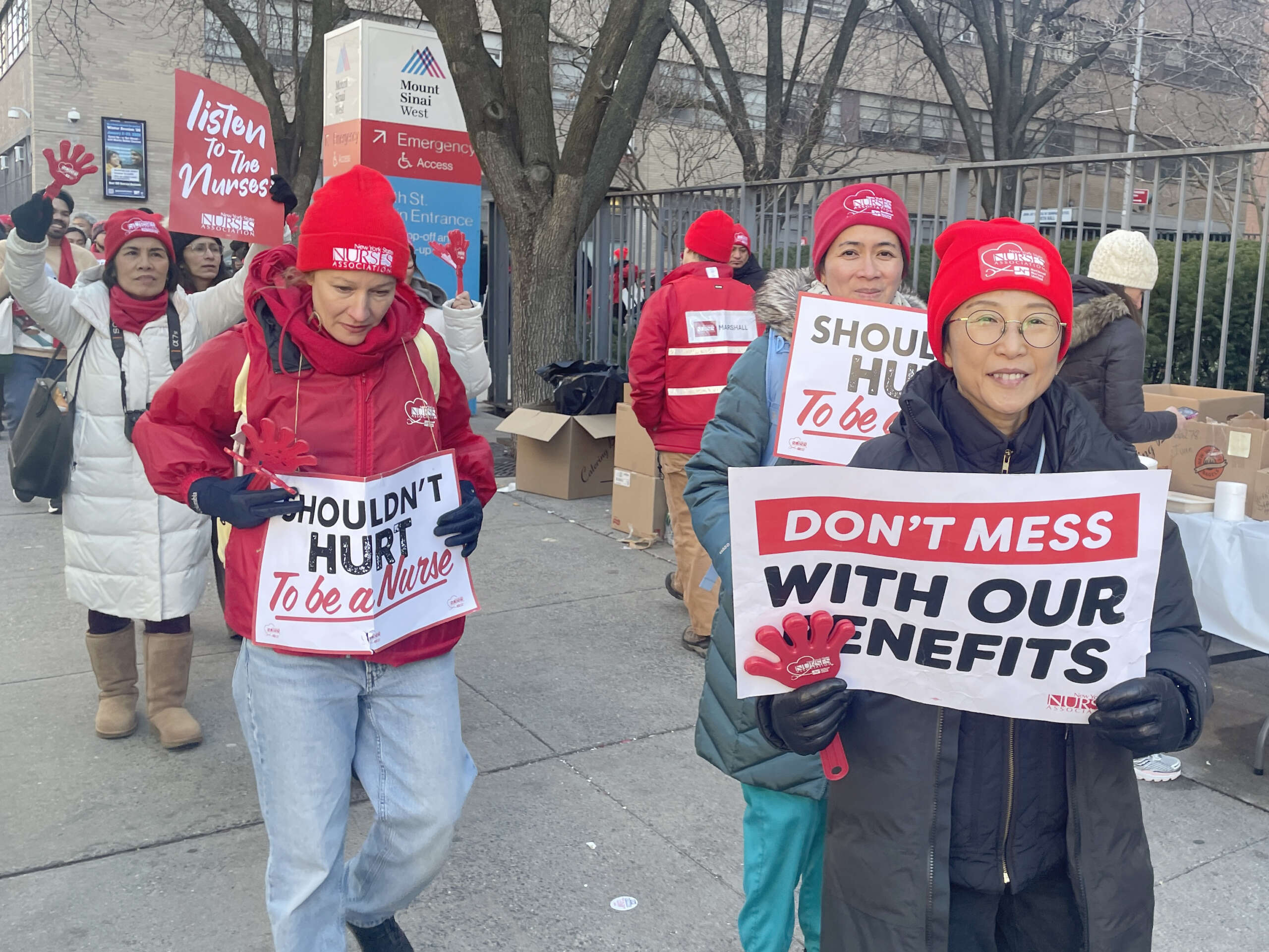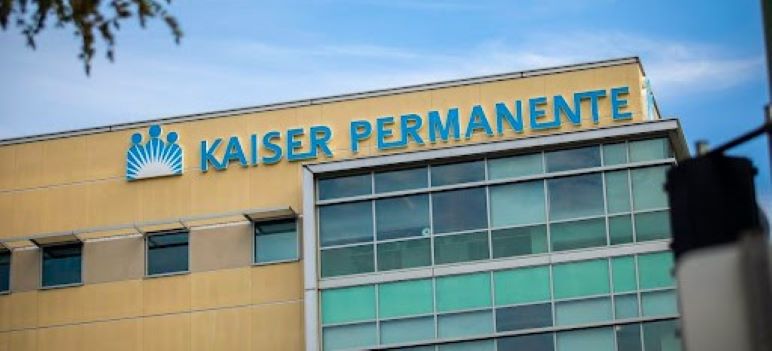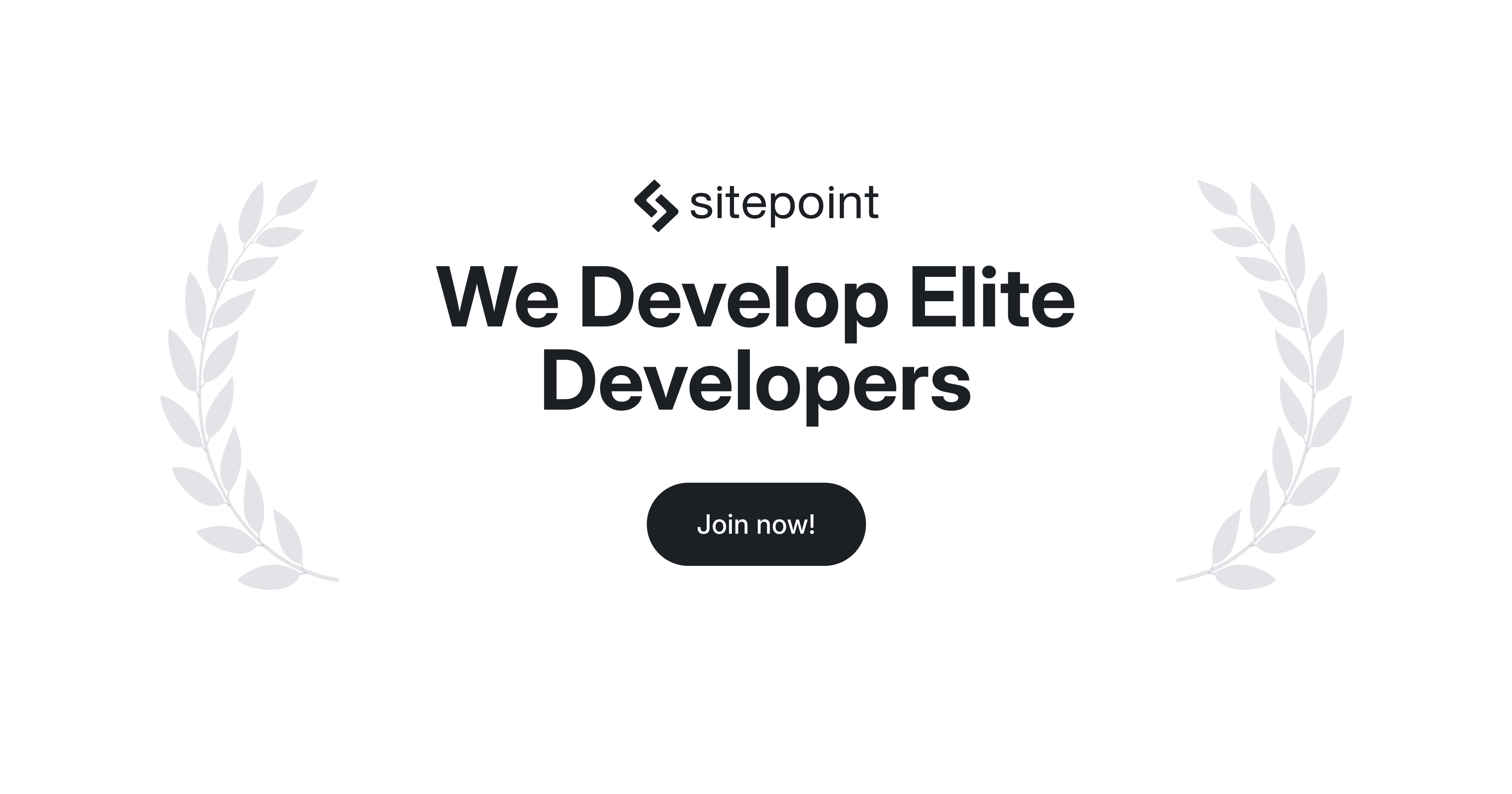fromwww.bbc.com
4 minutes agoI woke up from an operation in agony and the pain never went away
It felt like I had a needle through my back, and it was coming out my front, and I couldn't twist past it. Your mental health is affected. You get brain fog, you're tired, you're fatigued. You can't function as a woman and that's every day for 10 years.
Healthcare





















